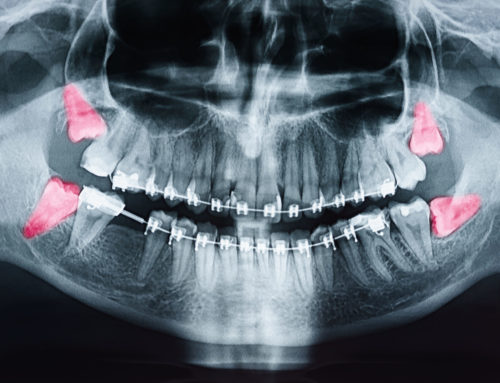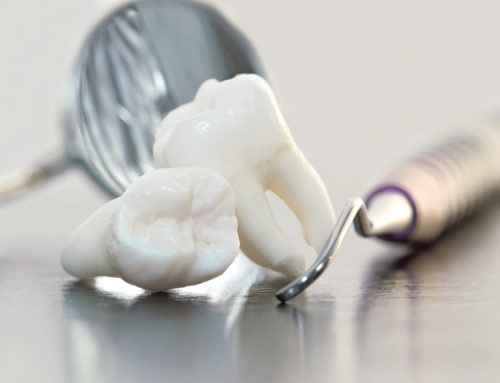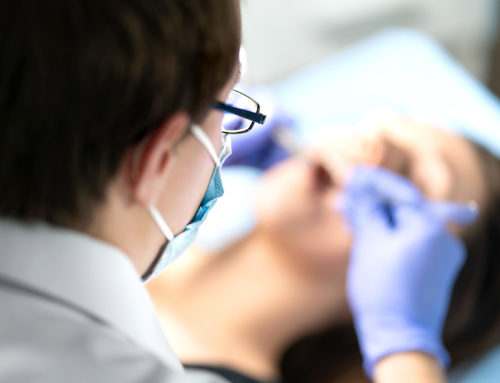Orthognathic reconstructive jaw surgery is a procedure that an oral maxillofacial surgeon should carry out for patients with this issue. In fact, this form of surgery corrects various problems of the jaw, including temporomandibular joint (TMJ) pain. Also, depending on the patient’s medical needs and condition, it usually takes place in a hospital. This surgery typically involves straightening and realigning the jaws. Surgeons may use templates, screws, wires, and surgical plates to accomplish this goal. The following discusses why would a person need reconstructive jaw surgery and what to expect from this form of treatment.
Why Would I Need Orthognathic Surgery?
Dental practitioners often recommend patients to an oral maxillofacial surgeon for an evaluation regarding reconstructive jaw surgery to treat and correct multiple conditions. Surgeons will consider certain conditions as a possible prerequisite for this form of surgical treatment, such as:
- Improper Bite — Also known as a severe malocclusion. With this condition, you may experience problems with daily activities such as talking and chewing, consistent jaw pain, problems swallowing, dry mouth or excessive salivating, as well as improper tooth growth with abnormal dental wear and tear.
- TMJ Pain & Other TMDs — Patients who suffer from severe TMJ pain and other types of TMDs (temporomandibular joint disorders), may also be considered for this surgery.
- Improper Facial Growth & Development — Any time the facial skeleton develops a problem during growth, or due to birth defects, people may experience headaches, facial pain, and sinus conditions. This surgery helps to rectify these problems while also improving overall jaw function and alignment.
- Protruding Jaw or a Receding Chin – This condition is slightly different than having an improper bite, as it is more an alignment issue. With protrusion, your lower jawline tends to stick out and appear longer than the top of your mouth. And with a receding chin, your lower jaw appears small and significantly shorter than the upper lip and teeth. In any case, patients can experience pain and feel less confident about their appearance.
- Facial & Jaw Trauma – No explanation needed. Surgeons will highly recommend corrective surgery.
- Obstructive Sleep Apnea & Snoring — If you’re dealing with obstructive sleep apnea and often snore due to a misaligned jaw, this surgical procedure may be found to help treat these issues.
What is the Surgery Like?
Patients in need of orthognathic surgery will receive general anesthesia and the procedure typically takes anywhere from one to three hours to complete. As with any surgical procedure, there are risks that an individual should be aware of. A patient may experience swelling or bleeding and possibly pain. Infection is always a concern, and a person may have a negative reaction to the anesthesia. However, with an oral maxillofacial surgeon carefully monitoring vitals before, during, and after surgery, patients come out fine.
A hospital stay of one or two days following the procedure is normal, and patients can expect to fully recover within approximately six weeks. Houston’s OMSH surgeons will provide instructions for home care and patients will most likely need follow-up visits.
How Can I Get Help?
If it has been recommended you have reconstructive jaw surgery, contact the highly-trained surgeons of OMSH to discuss your options. We provide various forms of corrective and reconstructive jaw surgery to address issues such as TMD and TMJ pain. In addition, we help patients who have severe over or under-bites. For example, we can provide dental implants as a solution for missing teeth, or correct dental misalignments.
Connect with us to set up an initial consultation. Patients can rest assured our experienced team is here to help remedy any existing issues concerning jaw pain and headaches. We also help prevent new ones from developing. Call us at 832-509-4505.






